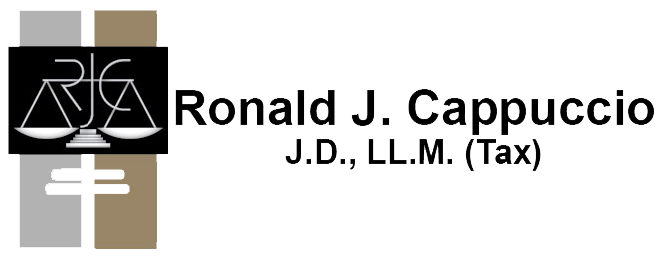IRS Summons Power
The Internal Revenue Service (IRS) uses its summons authority to intimidate taxpayers. There is always the threat that “if you do not give me what I want, I will force it out of you and embarrass you by issuing third-party summons.” It is critical to have your tax attorney representing you and being your first line of defense to prevent government abuse.
The IRS summons power is very broad. Congress’s Internal Revenue Code section §7602 standard is designed to greatly favor the government. The rule is whether the information requested “may be relevant or material.”
The case law and IRS interpretation say that a summons will be enforced if the IRS can show:
- That it was issued pursuant to a legitimate purpose; note, almost anything is a “legitimate purpose if the auditor or collector claims it is to enforce the tax laws.
- That the inquiry is relevant (or may be relevant) to that purpose; this “may be relevant” is a nonstandard allowing the IRS to demand almost anything.
- That the material is not already in the hands of the IRS; this provides some protection for the taxpayer because it prevents the IRS from repeatedly seeking the same information it already has.
- That the proper administrative procedures have been followed. If the IRS has not followed the procedures, the taxpayer may appeal.
